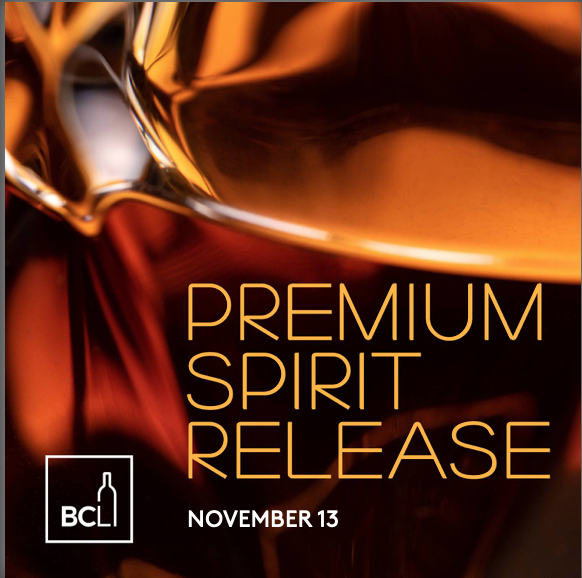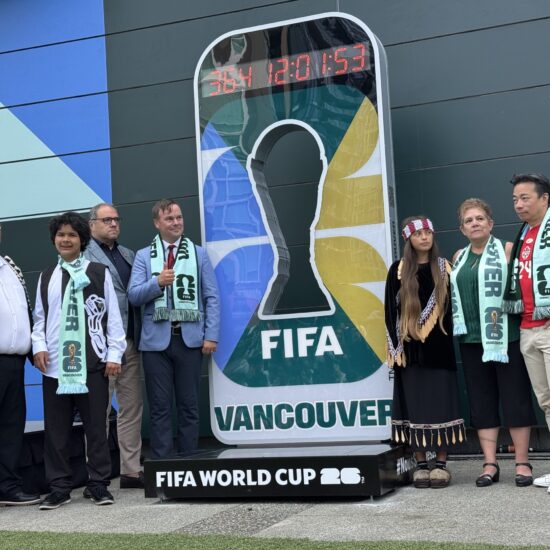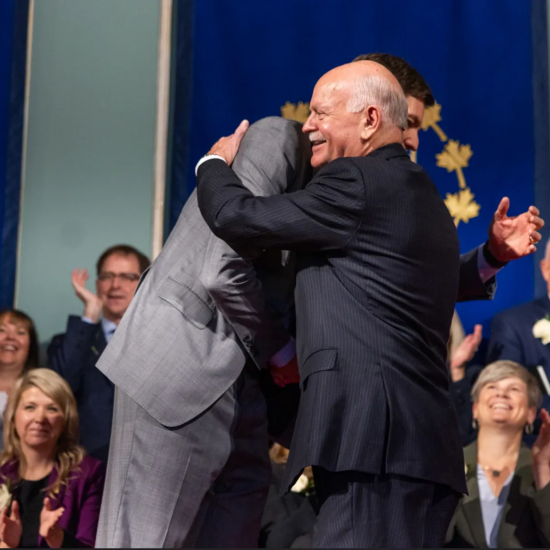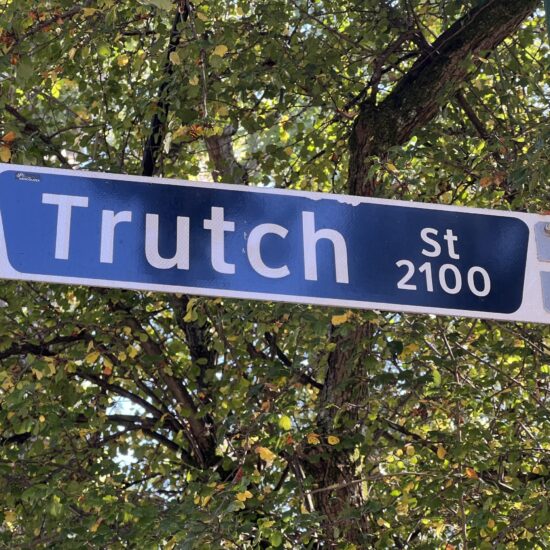
Bob Mackin
B.C. government liquor store managers were too busy last November during the annual high-end spirits promotion to report potential money laundering to head office, as they had been directed.
The Premium Spirit Release last Nov. 13 offered a $200,000 Dalmore Decades No. 4 Collection Set 19, $38,000 bottle of GlenDronach 50-year-old and many other rare and pricy potent potables for sale.

B.C. Liquor Stores CEO Blain Lawson (LDB)
In a Nov. 12 email, obtained via the freedom of information law, the Liquor Distribution Branch (LDB) director of store operations told managers at three stores in Vancouver, West Vancouver and Richmond that all cash transactions above $10,000 must be witnessed and documented by the manager on duty. Under provincial policy, B.C. Liquor Stores had no limit on the amount of cash they would accept.
Jonathan Castaneto ordered managers of the Cambie and 39th outlet in Vancouver, Park Royal outlet in North Vancouver and Brighouse outlet in Richmond to email the executive director of corporate services if and when processing a large cash transaction during the Nov. 13 promotion.
“With the upcoming Spirit Release and holiday season, stores may encounter large cash transactions,” warned Castaneto. “Please be reminded that, as per the large cash transactions policy, all cash transactions in excess of $10,000 (or a group of sequential transactions from the same customer totalling in excess of $10,000 in cash) must be counted twice: First, in front of the customer and then, immediately upon completion of the sale, in the cash room.”
But the plan fizzled out.
Three suspicious transactions under $10,000 were under review, according to a censored Nov. 16 briefing note from LDB CEO Blain Lawson to Finance Minister Selina Robinson.
 “On Monday morning it was discovered that the real-time alert notification process was not followed during the event,” said the Lawson briefing note. “Store managers explained they were busy with the Premium Spirit Release and assumed that they could update on Monday if they were following the established policy process.”
“On Monday morning it was discovered that the real-time alert notification process was not followed during the event,” said the Lawson briefing note. “Store managers explained they were busy with the Premium Spirit Release and assumed that they could update on Monday if they were following the established policy process.”
A day later, on Nov. 17, Deputy Minister Doug Scott sent a memo to Lawson to immediately ban all cash transactions above $5,000 during a review by the Crown Agencies Secretariat. Scott cited “several large transactions in excess of $10,000.”
Details of the suspicious transactions were withheld by LDB. Lawson did not respond for comment.
A statement from LDB said the agency continues to review the policy and intends to make permanent changes to strengthen the policy.
According to the briefing note to Robinson, in 2018 LDB explored reporting large cash transactions to the Financial Transactions and Reports Analysis Centre (FINTRAC). However, LDB’s information and privacy and legal departments “indicated at that time there was no clear legal authority for the LDB to lawfully collect and disclose the information FINTRAC requires from designated reporting entities.”
Trade-based money laundering expert John Zdanowicz, who testified in December 2020 at the Cullen Commission on money laundering in B.C., said governments can print money, but they can’t make additional bottles of rare wine or liquor.
“There would be some rational reasons to purchase these things as an investment, consumption, and inflation hedge, but also can be used to launder money,” Zdanowicz said in an interview.
He said criminals use liquor to disguise the proceeds of crime by under-invoicing or over-invoicing.

Trade-based money laundering expert John Zdanowicz (MVCC)
“It’s selling something for nothing, or buying nothing for something,” explained Zdanowicz, professor emeritus at Florida International University. “Selling a rare bottle of bourbon that’s worth $15,000, and then invoicing it at $5, is a way to move the money out of the country, because once it’s in the foreign country, it can be resold for its true market value. You do just the opposite, if you want to move money into the country, you overvalue your exports and you sell something that’s only worth 50 cents, you sell it for $500.”
Zdanowicz’s analysis of Statistics Canada trade figures for 2019 found $90 billion Canadian worth of all types of goods moved out of Canada and $44.4 billion moved in. U.S., China, Germany, Mexico and Japan were the top five countries by dollar amounts.
Zdanowicz’s trade analysis for the same year found $16.5 billion was moved into B.C. and $8.5 billion moved out of B.C. by price manipulation.
The NDP government has long known that B.C. Liquor Stores were at risk of money laundering.
A manager at the Cambie and 39th Vancouver location in May 2015 contacted head office after workers became concerned about suspicious large transactions over $10,000. An LDB senior investigator told the workers to report concerns to management, not to police or FINTRAC, according to email leaked to the then-opposition NDP.
Support theBreaker.news for as low as $2 a month on Patreon. Find out how. Click here.











